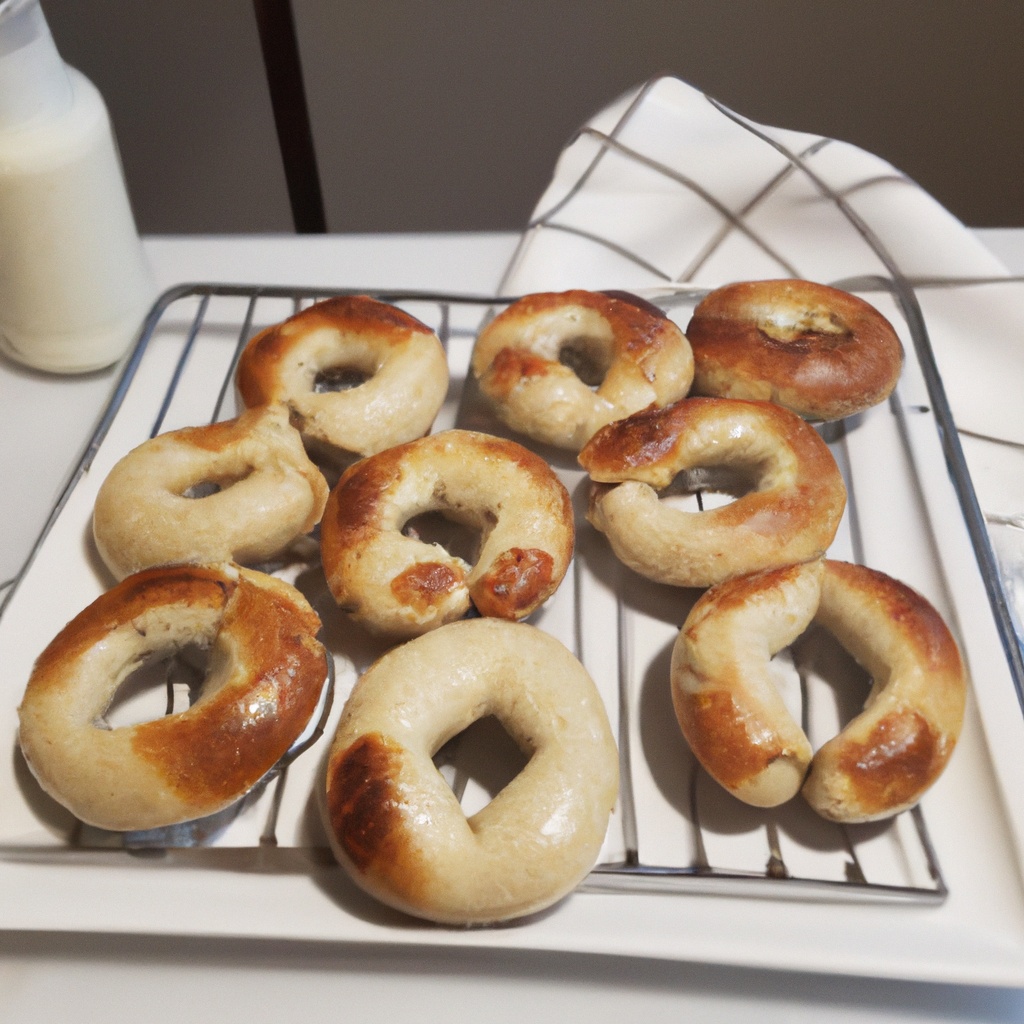PROS
Jerusalem Bagels are a delicious alternative to traditional bagels, with a unique flavor and texture that is crispy on the outside and chewy on the inside.
They are easy to make at home and can be customized with your favorite toppings such as sesame seeds, za’atar, or cheese.
CONS
These bagels are not as dense as traditional bagels and may not hold up as well with heavy toppings or fillings.
They may also be more fragile when slicing or toasting.
HEALTH & BENEFITS
Jerusalem Bagels are a good source of carbohydrates for sustained energy, and the addition of powdered milk provides some protein and calcium.
However, these bagels are not particularly nutrient-dense and should be enjoyed as an occasional treat in moderation.



/rating_off.png)
Leave a Reply